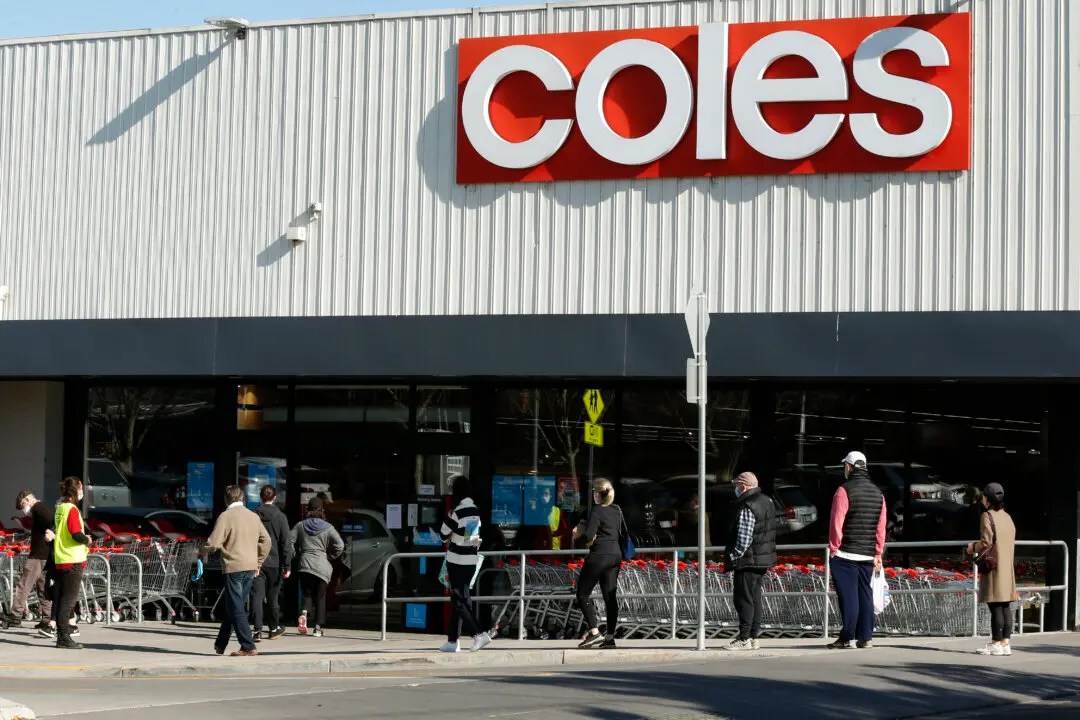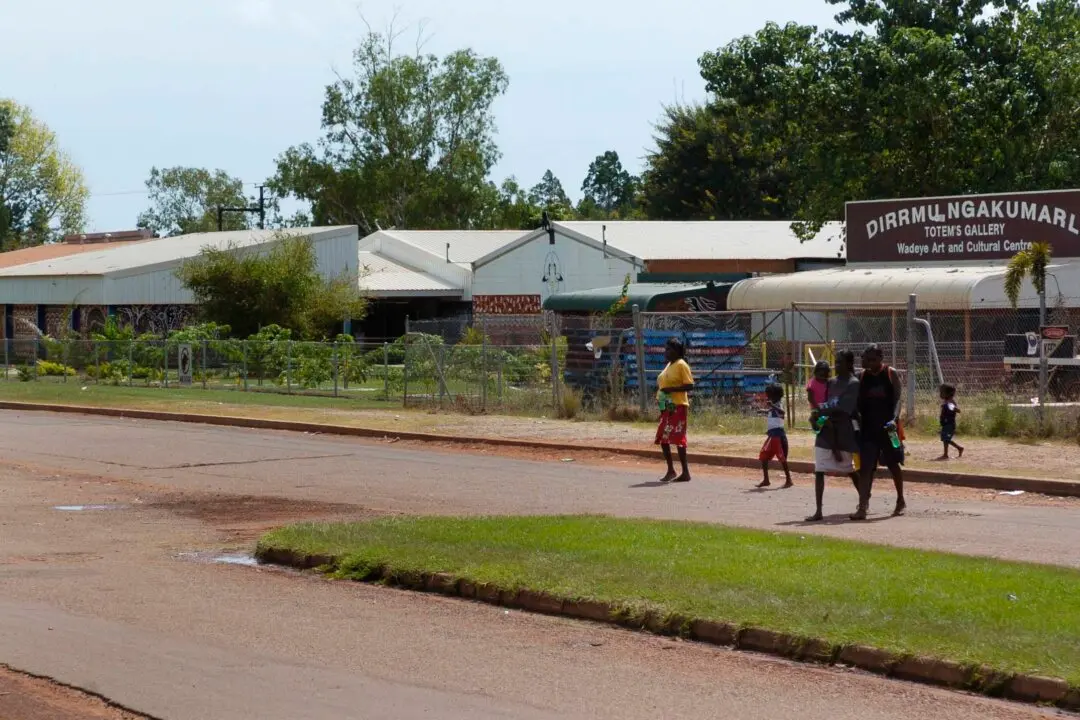A “heartbreaking” housing crisis is pushing an increasing number of people onto the streets as advocates renew calls for a levy on short-term rentals to fund crucial services.
The annual street count, released on May 10, revealed a 25 percent spike in the tally of people sleeping rough in New South Wales (NSW).





